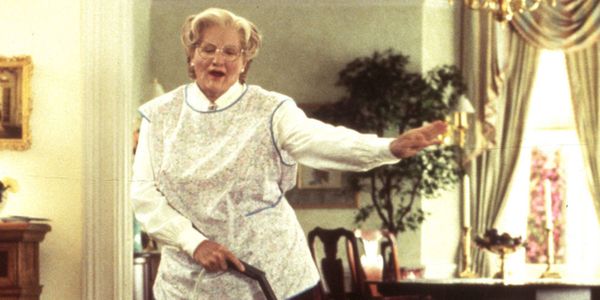For the past couple of months, I have been unapologetically binge-watching "Brooklyn Nine-Nine," mainly because it's finally available on Netflix where I live. And the more I watch this show, the more I realize its value culturally and comically.
First off, even as an avid watcher of crime shows, I know that the police procedural show has been done one too many times. There are endless tropes it has spawned, with the gruff lead detective falling in love with a snappy partner or the weirdly inventive murders that real cops would be shocked to deal with even once in their careers, let alone every week at 7 p.m. EST.
This is exactly why "Brooklyn Nine-Nine" is such a relief to watch. It's fun, it doesn't take itself too seriously and it's smart.
Starting off with the cast, Andy Samberg plays Jake Peralta, one of the best — or if you asked him, the absolute best — detectives in the precinct. The only issue with him is that he's a man-child through and through, still unable to grow up or mature in most areas of his life.
Now, I've seen this stereotype played off time and time again — the goofy and hilarious leading man who really just needs to figure himself out, but requires the rest of the cast to act as only supporting characters in his one-man journey of self-discovery.
Thankfully, "Brooklyn Nine-Nine" doesn't fall into that well-trodden trap — Jake's characteristic childlike tendencies, including a passionate love for orange soda, blue flavored drinks and gummy worms, are part of his personality through and through.
But he truly cares for his friends, as seen in the humility he shows when he apologizes to Charles Boyle, his best friend on the force who reveres him, and he owns up to his mistakes whenever he hurts somebody else. He is a layered character who's still figuring himself out — which makes his antics forgivable and sweet because of his true intentions.
And speaking of well-rounded characters, the entire cast is fully developed — aside from Hitchcock and Scully, both of whom mainly stay comfortably in their boxes as the lazy, idiotic detectives. And beyond being fully developed, which is hard enough to juggle in a show of so many characters, they are diverse.
This point has been brought up again and again. The show includes people of different ethnicities, and it gives them dignity as characters that goes beyond their race. Stereotypes have no place on "Brooklyn Nine-Nine," not when you have a gay black captain and a sergeant built like a tank who braids his twin daughters' hair and is wholeheartedly dedicated to the farmer's market. There's a scary but kind Rosa, who is revealed to be bisexual, and Amy, who is a Type A personality that melts at the sight of a well-organized binder.
Essentially, all the characters in this show go beyond being entertaining. They are memorable — Gina, especially. The assistant of Captain Holt, her participation in a dance troupe called "Floorgasm," along with her stunning self-confidence, makes her one of the best characters on the show by far.
But the strongest point of this show is the relationships that are carefully crafted between the characters. Each episode has unlikely subplots involving different characters, and each relationship is built so that the show doesn't fall into monotone rhythms of characters who only have chemistry with certain other characters.
Rather, every character finds his or her own chemistry with each person in the precinct, and ultimately, that's what makes "Brooklyn Nine-Nine" a big old unique family.



















